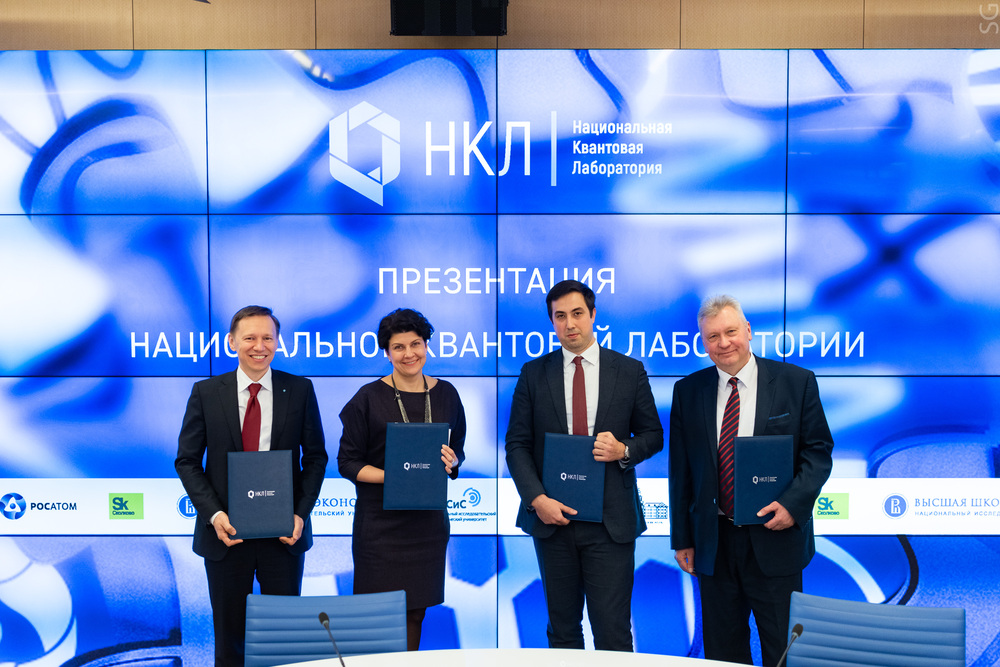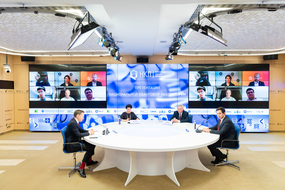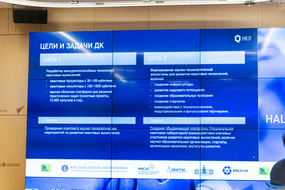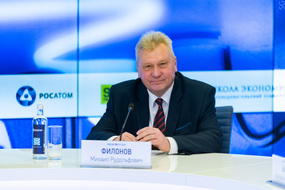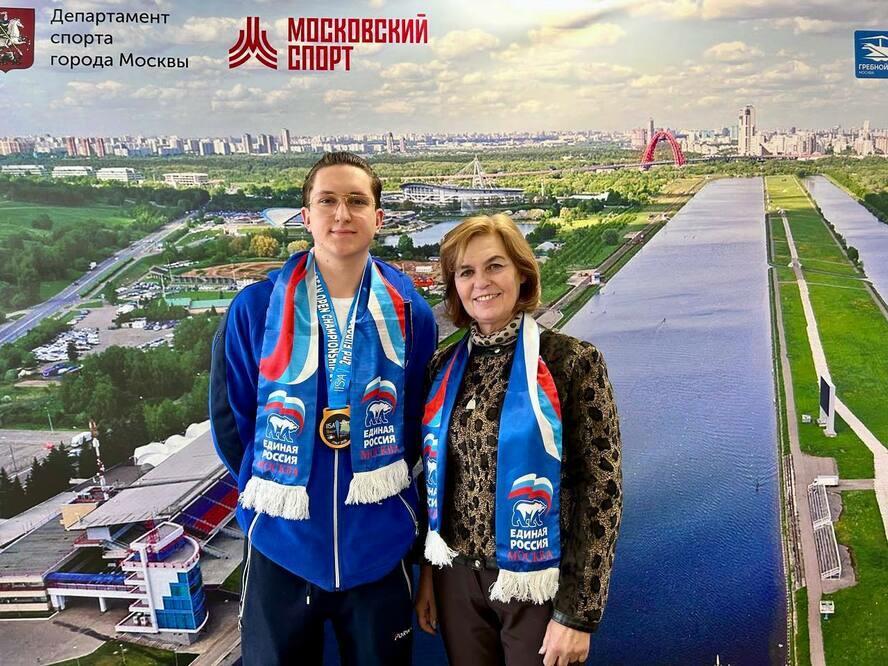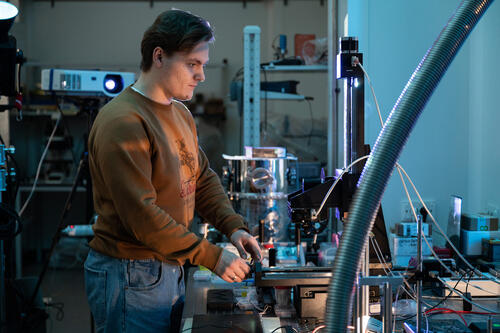In November 25, Russia’s state nuclear corporation Rosatom launched the National Quantum Laboratory (NQL), a federal project that aims to develop a quantum computer by the end of 2024. NUST MISIS and MIPT, along with other universities and Russia’s leading quantum computing companies, have joined the project. The consortium aims to unite efforts and resources of the participants to strengthen the country’s positions in the global quantum marketplace.
Quantum science has emerged as a new frontier of research and technology. New players are joing the quantum computing “arms race” every day.
NUST MISIS has pioneered quantum research for over 50 years, since the 1960s when the university started its study of superconductors. In 2015, the Laboratory for superconducting materials was set up. Since 2018, the university has been a part of the Quantum Communications Competence Center of NTI.
“Quantum technologies are among the university’s strategic development priorities. NUST MISIS has a long tradition in quantum research with the nobel prize winner, Professor Alexei Abrikosov heading the university’s department of theoretical physics back in the day. The launching of the “Superconducting Metamaterials” laboratory headed by Professor Alexey Ustinov, the winner of the so-called “megagrant” awarded by the Russian government, came as a natural contunuation of that tradition. Nowadays, quantum research at NUST MISIS is lead by the Quantum Communications Competence Center of NTI and four other laboratories,” said Alevtina Chernikova, NUST MISIS Rector.
“Within the past year, NUST MISIS scientists have developed a bunch of cutting-edge technology, including Russia’s first quantum computer prototype, quantum cryptography algorithms and single-photone detector for satellite-based quantum communication. Further developement of quantum technologies implies producing a new generation of professionals capable of making a quantum breakthrough. Thus, NUST MISIS offers a professional development programme for physics teachers called “Quantum communication methods” that has attracted participants from over 70 Russian schools.
In 2019 the university launched an iPhD programme in quantum materials science for Master’s and postgraduate students,” Chernikova added.
The global quantum computing “arms race” is urging universities, research organizations and tech companies to consolidate their potential. The creation of NQL was a step to build a sustainable ecosystem for the development of quantum computing in Russia.
